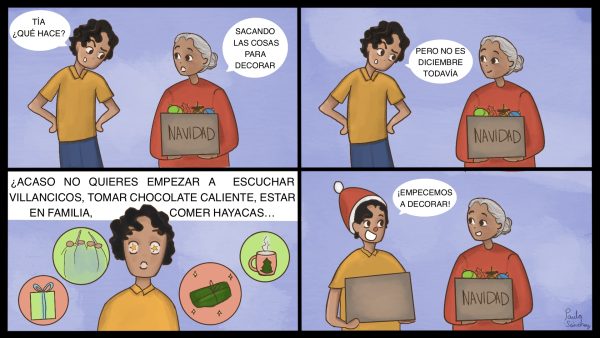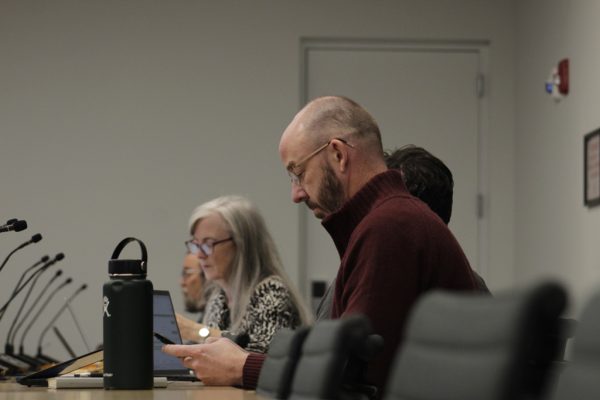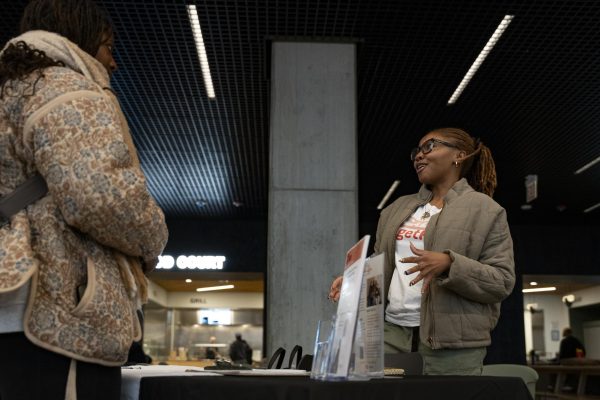Latino Fashion Week takes social activism to Chicago runway
October 8, 2018
Chicago’s Latino Fashion Week will kick off Oct. 11, showcasing unique designs ranging from lacy bridal wear to a collection of men’s underwear worn by androgynous models.
Latino Fashion Week—held at 108 N. State St. the first and third nights and 900 N. Michigan Ave. the second night—began 12 years ago to elevate the perception of Chicago’s Latino community, said Arabel Alva Rosales, co-founder and producer of the event.
“People of color, like me, don’t get invited to [fashion shows],” said Chicago-based designer Hector Martelle. Latino Fashion Week provides an opportunity for them to show off their work.
The first day will feature local designers, including Richard Dayhoff, a men’s athleisure designer. The second day will include art galleries, informal modeling, VIP parties and networking opportunities, Rosales said.
“[You get to] meet a lot of different people,” Rosales said. “[Everyone] from fashionistas to engineers, doctors, accountants [and] lawyers.”
The third and final night, Oct. 13, will feature international designers from Latin American countries such as Venezuela, Argentina and Honduras. The runway will open with a performance by the Latin Grammy-nominated high school band Mariachi Herencia de México, she said.
The event will include a new addition to the list of nonprofits who benefit from the shows. Rosales will introduce a new digital nonprofit “Pivoting in Heels,” which focuses on empowering women with academic and leadership scholarships.
“It’s a million-dollar production that’s done on a shoestring, but it’s done because of the volunteers and the support we [have],” Rosales said.
The show, advertised as “by Latinos, for everyone,” highlights inclusivity of all colors, sizes, genders and backgrounds, Rosales said. Models and designers will represent the 22 countries that make up Latin America, in addition to people from China, the Ukraine and more.
With this year’s theme of evolution, Dayhoff said he wanted his underclothes collection to represent the evolution of inclusion.
“Fashion really does say a lot,” Dayhoff said. “If you look at magazines from 10 years ago, you can tell where we were collectively as people.”
Kelly Clark, designer and 2015 Columbia fashion alumna, said she works to create an accepting atmosphere in her bridal shop. LGBTQ and other diverse people often have a hard time finding inviting bridal spaces, Clark said, but Sew Bridal aims to fix that problem.
“Everybody can feel sexy, whatever that means to them. In a way, that’s our birthright, to feel that energy in a spiritual way. That’s what I do. I try to educate men and women,” Dayhoff said. “$80 underwear [makes] you think [differently].”
Martelle said, above all, Latino Fashion Week proves Latino designers can compete with designers on the world stage at New York and Paris Fashion Week.
“Until we showcase that we can do just as good of a job as they can, that’s where we can break that stigma,” Martelle said. “[By] Latinos, for everyone. Everyone includes anyone under the rainbow.”






